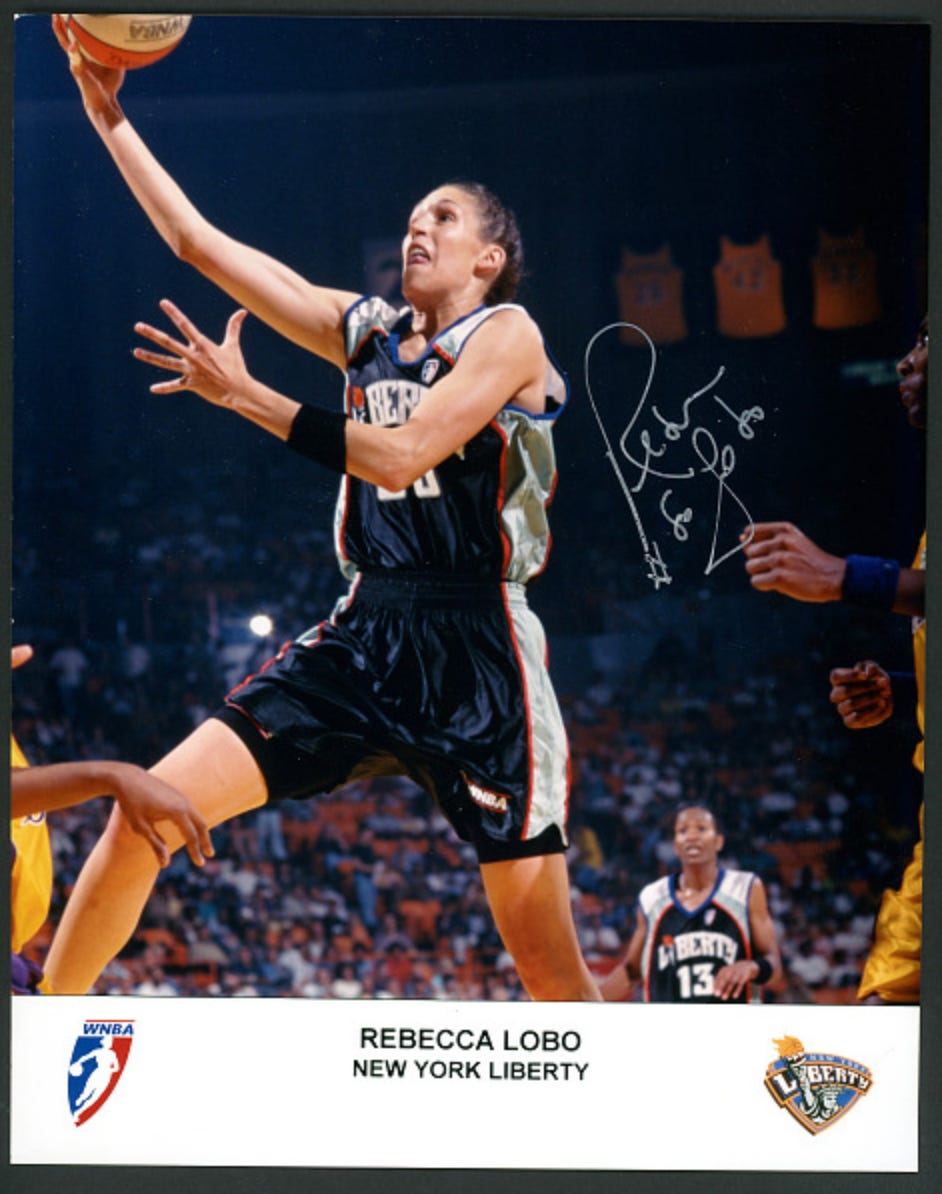There’s an opinion piece in the New York Times today entitled “When it Comes to Politics, Are Any of Us Really Thinking for Ourselves?” The author, a sociology professor named Dr. Neil Gross, argues that our political identities can be predicted with a high degree of confidence based solely on broad factors such as gender, race, and education. White men without college degrees, for example, favor the Republicans by 24 points. He’s making a point most of us already know; unlike racial profiling, political profiling works.
What’s unclear to me, though, is what drives these associations. Why are women ten percent more likely than men to favor gun control meausres? Evangelicals back Trump by wide margins, even though Trump’s is among the least moral presidents/human beings this nation has ever produced. Is this because Trump policies like the overturning of Roe v. Wade override any concerns these voters may have about the fact that he’s currently on the hook for a hundred million dollars for sexual assault?
How and when do our political identities emerge? Why does a middle-aged white male with a couple years college under his belt like me land on one side of the political spectrum, while somebody else in my exact mold lands on the other? Which parts of my identity outweigh other parts when crafting my political opinions?
Jews like me vote Democratic by a margin of something like 4 to 1. On the other (literal) hand, my left-handedness should correlate “to an extremely high degree with Conservative-Republican preference.” Why that should be, I have no idea. Why I am apparently immune from such a preference, I also have no idea.
Look, I’m no sociologist. I’m not even very social. But I suspect it’s overly simplistic to assign too much meaning to any specific correlation.
High-turnout Democrats, for example, are much more likely to be WNBA fans than high-turnout Republicans. Is that because there’s something particularly “liberal” about women’s basketball? No. And yet, any American who pays the slightest attention to politics will understand that the WNBA is a political organization as much as it is an athletic one due to its outsized role on the vanguard of professional women’s sports, a direct outgrowth of the women’s liberation movement that preceded it. To support the WNBA, in other words, is to support the values that created it.

America has always had a split personality. From its founding, this nation has maintained a tension between the sacred and the profane, the agrarian and the urban, the rights of some versus the lack of rights of others. I think one could make a persuasive argument that it’s this tension that paved the way for the nation’s ultimate success. But tension can also cause things to snap. When people express worry that we’re approaching our breaking point, that’s what I think they’re sensing.
There’s nothing wrong with using our environment to figure out who we are. In fact, I don’t know if there’s any other way to do it. But it’s also good, I think, to check in with yourself every now and again to question whether the things you believe you believe are actually the things you believe. They may not be. You might just have some residual brain clutter from your uncle who said all that crazy shit to you when you were little.
How much of my own political identity is the product of propaganda, socialization, and geography? How much of it is the result of critical thinking? I was born into a liberal household, and I’m a liberal adult. I’ve spent a lot of time thinking and writing about politics, but how much of my thinking and writing depends, not on independent thought, but on confirmation bias? How much of my point of view is merely a reflection of the people around me, and vice versa? Is somebody more likely to change their political affiliation than their religion? At what point does political affiliation become religion?
The point at which religion and politics overlap is the surety which accompanies each. One of the great appeals of religious faith is that it not only provides answers but also removes a certain kind of responsibility from its adherents. Do as I say and I promise good things. Any religion is a handbook for living. Follow the rules and be assured of a positive outcome.
Politics are like that, too. A candidate issues a kind of prophecy, with the promise that those that follow are assured of an outcome to their liking. Never mind that, in both religion and politics, prophesies have a way of falling short. It’s not the actualization of the prophecy that matters, only that somebody articulates the vision.
I guess my larger point can be summed up in this little phrase I just made up: to thine own self be true. The hard part is figuring out who you are and whether the person you were yesterday is the person you are today. Be yourself in all ways. Confound the sociologists. Demolish the demographers. Punish the prognosticators. Unless, in doing so, you find yourself leaning Republican. If that starts to happen, get yourself to a WNBA game as soon as possible.




Provocative. I'm actually hoping to get tested for this woke mind virus (WMV) I keep hearing about. Just so I'd know whether I actually fear a domestic authoritarian movement seizing control of the US government or it's just my WMV acting up again.
I'm not sure when a political affiliation becomes a religion, but I am certain we all witnessed one transform into a cult.